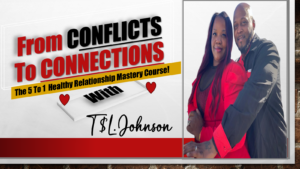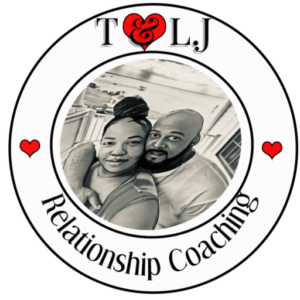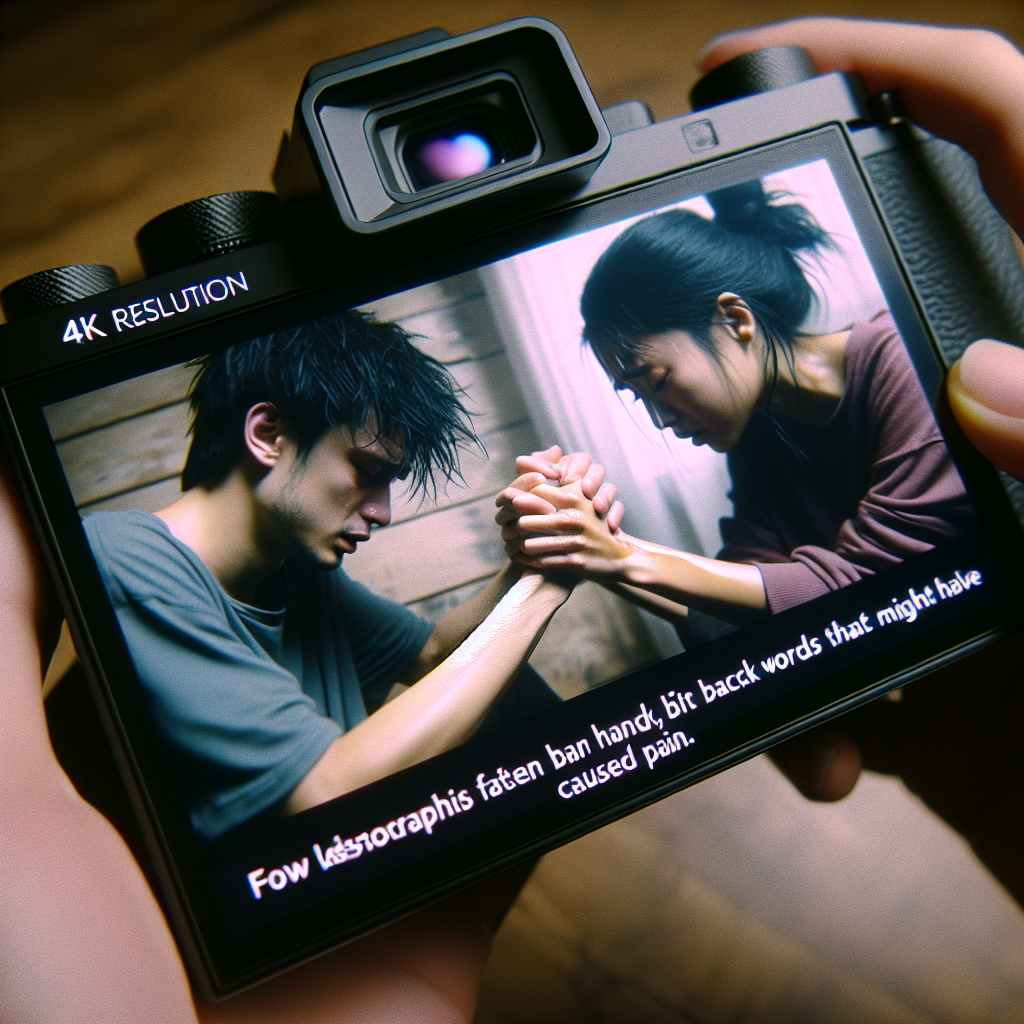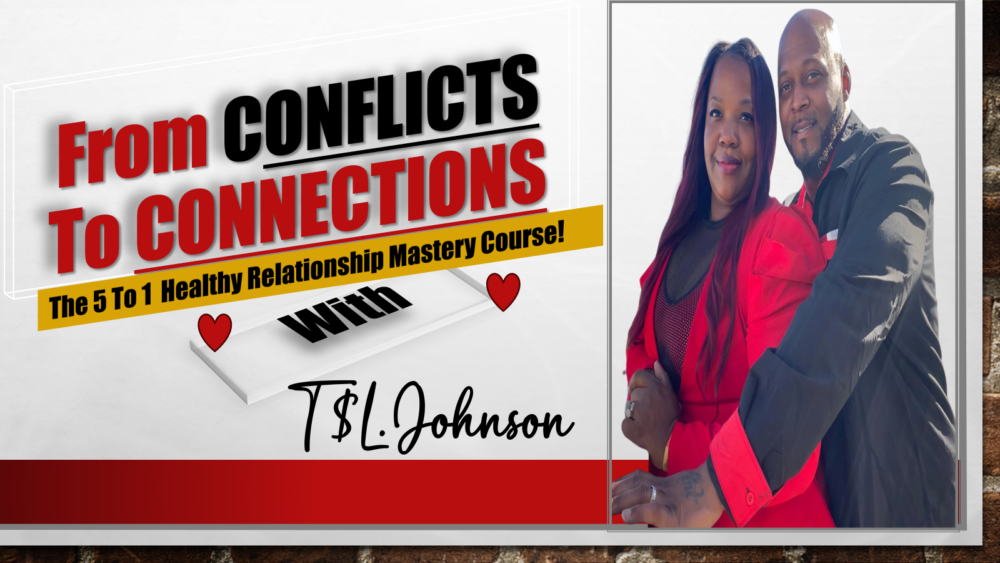Understanding the Power of Curiosity
The Shift from Criticism to Curiosity
Let me kick things off by saying that shifting your mindset from criticism to curiosity can be a game-changer in your communication. I remember the first time I realized how much criticism could cloud interactions. Instead of getting on someone’s case, I started to ask open questions that invited dialogue. The difference was immediate—people started to open up!
The trick is to recognize when you’re being critical. It’s often wrapped up in judgment and a need to be “right.” By noticing these moments, I began to consciously replace my harsh remarks with curious inquiries. Instead of saying, “Why did you do it that way?” I’d turn it to, “What led you to choose that approach?” Amazing how that simple switch can change the entire tone of a conversation.
Being curious not only helps to build trust, but it also encourages a deeper understanding of perspectives that differ from our own. It’s a total win-win situation—curiosity fosters connection, and relationships blossom from that connection!
Cultivating a Curious Mindset
The next step is cultivating that curious mindset. I started by practicing mindfulness in my daily life. It’s about being present and genuinely interested in what someone else has to say. I found that the more I practiced being mindful, the easier it became to ask thoughtful questions rather than jumping to conclusions.
For me, this meant listening actively. When I engaged with someone, I focused more on absorbing their words than preparing my response. I made it a personal challenge to ask follow-up questions that showed I cared about their perspective. This approach not only made me a better friend and colleague but also enriched my own view of the world.
Remember, curiosity is like a muscle—it gets stronger the more you use it. Start small. Ask someone about their weekend plans or their thoughts on a recent event. Gradually, you’ll find yourself asking deeper, more meaningful questions that can open up a whole new level of conversation.
The Benefits of Asking Questions
Now, let’s talk about the perks of asking the right questions instead of launching into criticism. From my experiences, I’ve found that questions can empower people. When I ask questions that encourage others to explore their thoughts and feelings, I create a space for them to feel valued and heard.
Asking the right questions allows others to reflect on their actions and ideas, promoting growth rather than defensiveness. I once had a colleague who would get defensive whenever feedback was given. But when I shifted my approach to questions like, “What do you think was the most challenging part of that project?” it sparked a discussion about improvements rather than just focusing on mistakes.
Over time, I’ve noticed that this kind of interaction not only improves team dynamics but elevates the overall productivity of the group. The morale boost from fostering a curious exchange can ripple through the workplace, encouraging creativity and collaboration. Who would’ve thought curiosity could be so powerful?
Types of Questions that Encourage Openness
Open-Ended Questions
Now, let’s dive into what types of questions can really open up conversations. Open-ended questions are key. These are the ones that can’t simply be answered with a yes or no. Think of them as invitations to elaborate. For example, instead of asking, “Did you like the meeting?” I might ask, “What did you find most valuable from the meeting?” It can change everything!
In my own practice, I aim for questions that start with words like “how,” “what,” or “why.” These kinds of questions naturally encourage people to give more detailed responses, leading to richer conversations. It’s exciting to see where others take the discussion when they’re given space to express themselves!
Furthermore, don’t be afraid to build on these questions. If someone shares a thought, follow up with something like, “Can you tell me more about that?” This shows your genuine interest and encourages deeper dialogue. It’s fascinating how much you can learn simply by steering the conversation with the right questions.
Empathetic Questions
Empathy in questioning can take your conversations to a whole new level. When I began to ask questions that showed empathy, I found that people were more willing to share their feelings. An example could be, “How did that situation make you feel?” This kind of question opens the door to emotional honesty.
Empathetic questioning helps to build a bond between individuals. When people feel understood, they’re likely to be more open and honest. I’ve had times when someone shares a struggle, and I respond with, “That sounds really tough. What do you think might help?” It validates their feelings and encourages a more open discussion.
Asking empathetic questions not only enhances relationships but also promotes a sense of community. It can lead to brainstorming solutions together, fostering collaboration in a beautifully human way. After all, we’re all in this together!
Reflective Questions
Finally, let’s touch on reflective questions. These invite individuals to consider their thoughts and actions from a new angle. For instance, asking, “What did you learn from that experience?” encourages reflection that goes beyond surface-level thoughts.
I’ve found that reflective questions often lead to valuable insights—not just for the person answering but for you, too. When someone reflects on their experiences, it allows both of us to engage in a deeper understanding of the situation and how it could be approached differently in the future.
In my experience, these questions often reveal motivations and values that may not have been apparent before. It’s a great way to connect with someone on a more personal level and can inspire growth and learning for both parties involved.
Overcoming Barriers to Curiosity
Dealing with Fear of Judgment
Let’s face it; sometimes asking curious questions can feel daunting because of a fear of judgment—either ours or theirs! I know there have been times when I hesitated to ask a question for fear of sounding naive. I had to remind myself that it’s okay to not know everything and that curiosity is a sign of strength, not weakness.
To overcome this fear, I started reframing my internal dialogue. Instead of telling myself that my questions might seem silly, I began to think of them as opportunities for discovery—for both me and the person I was speaking with. What helped me a lot was realizing that most people appreciate genuine curiosity; it makes them feel valued.
Ultimately, if someone judges me for asking a question, that’s on them, not me. With this mindset shift, I’ve been able to approach conversations with much more confidence, making my communication more effective and encouraging openness.

Setting the Right Environment
Creating an atmosphere conducive to curiosity involves intentionality. I’ve learned that the environment in which we converse can greatly impact the ability to ask and answer questions openly. For instance, a casual setting often leads to more relaxed conversation. I tend to choose coffee shops or parks when I want deeper conversations—they just feel less formal and more inviting.
In team settings, I’ve also found that establishing ground rules about feedback can lessen apprehension. Setting a tone of collaboration and support invites everyone to engage more freely. When you’re surrounded by openness, it encourages more curiosity-driven discussions.
Above all, leading by example is essential. When I show that I’m willing to ask questions without fear of judgment, it inspires others to do the same. It’s like creating a ripple effect—one curious question leading to more curiosity!
Building Confidence Through Practice
Like any skill, developing a curious mindset takes practice. I started by being intentional about asking at least one curious question in each conversation. It was a simple goal, but it made a difference. The more I practiced, the more natural it became.
I found some of my best moments of curiosity came when I least expected them. Whether in a meeting, a friendly chat, or a chance encounter, I’d remind myself of the value of curiosity and ask, “Why do you think that’s important?” These questions often led to profound insights, which encouraged me to keep going!
The more I embraced curiosity, the more confident I became in my ability to engage meaningfully with others. It shifted my focus from worrying about how I was perceived to genuinely wanting to understand those around me. That’s where the magic happens!
Transforming Relationships with Curiosity
Improving Personal Relationships
One of the biggest benefits of replacing criticism with curiosity is in personal relationships. I’ve noticed that when I approach loved ones with questions instead of judgments, we connect so much more. They feel heard and understood, and that strengthens our bond.
For example, instead of saying, “You’re always on your phone,” I might ask, “What do you find interesting on your phone lately?” It opens the dialogue and shows that I care about their interests rather than critiquing them. Over time, those conversations become a source of joy rather than tension.
Being curious in personal relationships also fosters mutual understanding. It helps each person feel valued and validated, paving the way for a more supportive relationship where both parties can express themselves freely.
Enhancing Professional Interactions
In the workplace, I’ve found that curiosity can greatly enhance team dynamics. When team members feel comfortable asking questions, it encourages innovation and collaboration. I love how a simple question can lead to brainstorming sessions that yield great ideas!
Professional relationships thrive when there’s mutual respect and understanding. Curiosity allows me to appreciate the unique viewpoints of my colleagues and understand their contributions better. This not only creates a positive working environment but boosts overall productivity.
Moreover, approaching feedback with curiosity encourages a culture of growth. When I ask my team what they learned from a project, it fosters a sense of continuous improvement that lifts everyone’s performance. It’s all about creating a space where sharing and exploration are encouraged.
Fostering a Culture of Curiosity
If there’s one thing I’ve taken from my journey, it’s that fostering a culture of curiosity is vital for any community or workplace. I’ve noticed that when leadership models this behavior, it trickles down to everyone else. If leaders ask thoughtful questions and show genuine interest in feedback, it inspires the entire team to follow suit.
Encouraging curiosity amongst peers creates a dynamic where everyone feels comfortable expressing themselves. Team outings, brainstorming sessions, and structured feedback loops are just some of the ways we can inspire that culture.
The best part? A curious culture breeds creativity and innovation. When everyone is engaged in asking questions and exploring ideas together, it leads to groundbreaking solutions and exciting projects. It’s such an invigorating atmosphere to be part of!
Frequently Asked Questions (FAQ)
1. How do I start replacing criticism with curiosity?
Start by being more aware of your language. Shift from critical comments to open-ended questions that invite discussion. Instead of critiquing, ask what led to a specific decision or outcome.
2. Can curiosity improve my relationships?
Absolutely! When you approach relationships with curiosity, you foster understanding and strengthen your connections with others. It encourages open communication and emotional honesty.
3. What types of questions work best for encouraging dialogue?
Open-ended questions are ideal as they cannot be answered with just “yes” or “no.” Empathetic and reflective questions are also powerful in promoting deeper understanding and connection.
4. What if someone reacts defensively to my curiosity?
That can happen, but don’t be discouraged! Continue to approach conversations with genuine curiosity and care. Sometimes, it takes a while for others to feel safe engaging in this new kind of dialogue.
5. How can I practice curiosity in daily life?
Set small goals like asking one curious question in each conversation or actively listening to understand someone’s perspective. Gradually, you’ll find it becoming a natural part of your communication style.

Schedule Your First 20-Minute Coaching
Call With Us Today to see if we fit . You pick the price!
Click Here






